- Beyond The Brief
- Posts
- Where Work Works Best
Where Work Works Best
Home, Office, or Both? Let’s Break It Down.
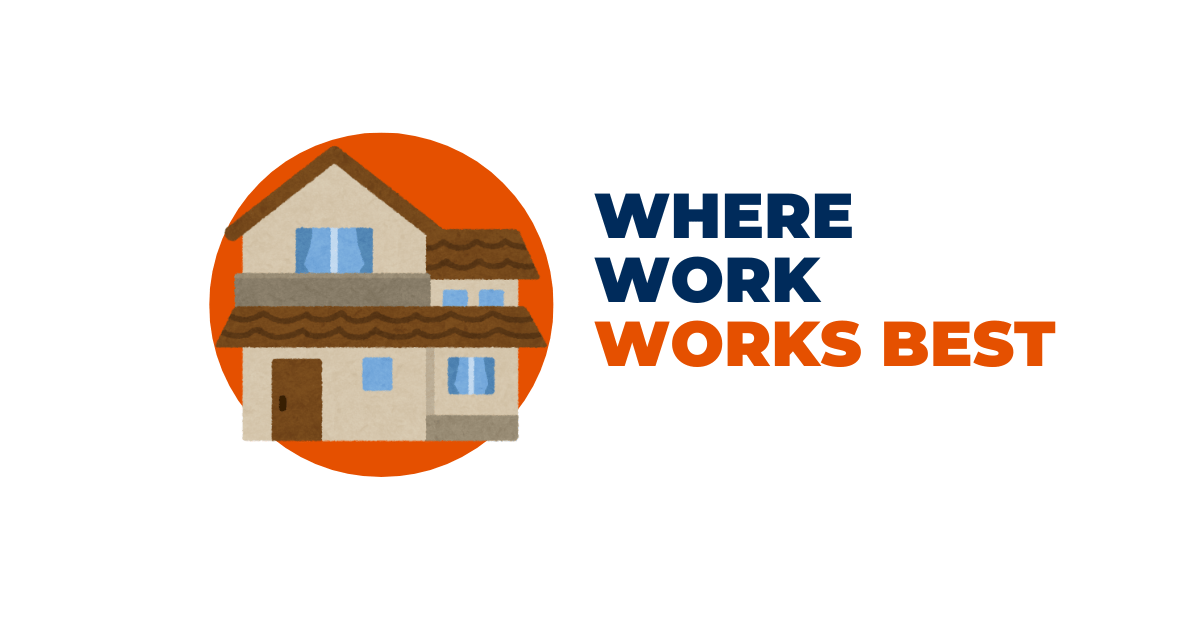
Hey,
It’s almost 2025, and yet we’re still debating where we should work. Seriously.
The camps are clear:
One side? The Work from home diehards—easygoing millennials, Gen Zers, or anyone who swears by the sanctity of their home office. “Make me go back, and I’ll quit,” they say.
The other side? The office purists—traditionalists who believe culture is built face-to-face and want those desks filled.
And then there’s the middle ground—those who just care about getting the job done, no matter where they are.
The web’s buzzing with arguments, pros, cons, and endless “expert takes.” So, let’s cut through the noise—here’s what’s really going on.
What the Date Tells Us
Recent data highlights the ongoing debate over work environments:
Employee Preferences: A survey revealed that 37% of UK workers wished to work from home some of the time after the pandemic, with 20% wanting to work from home all the time. - Statista
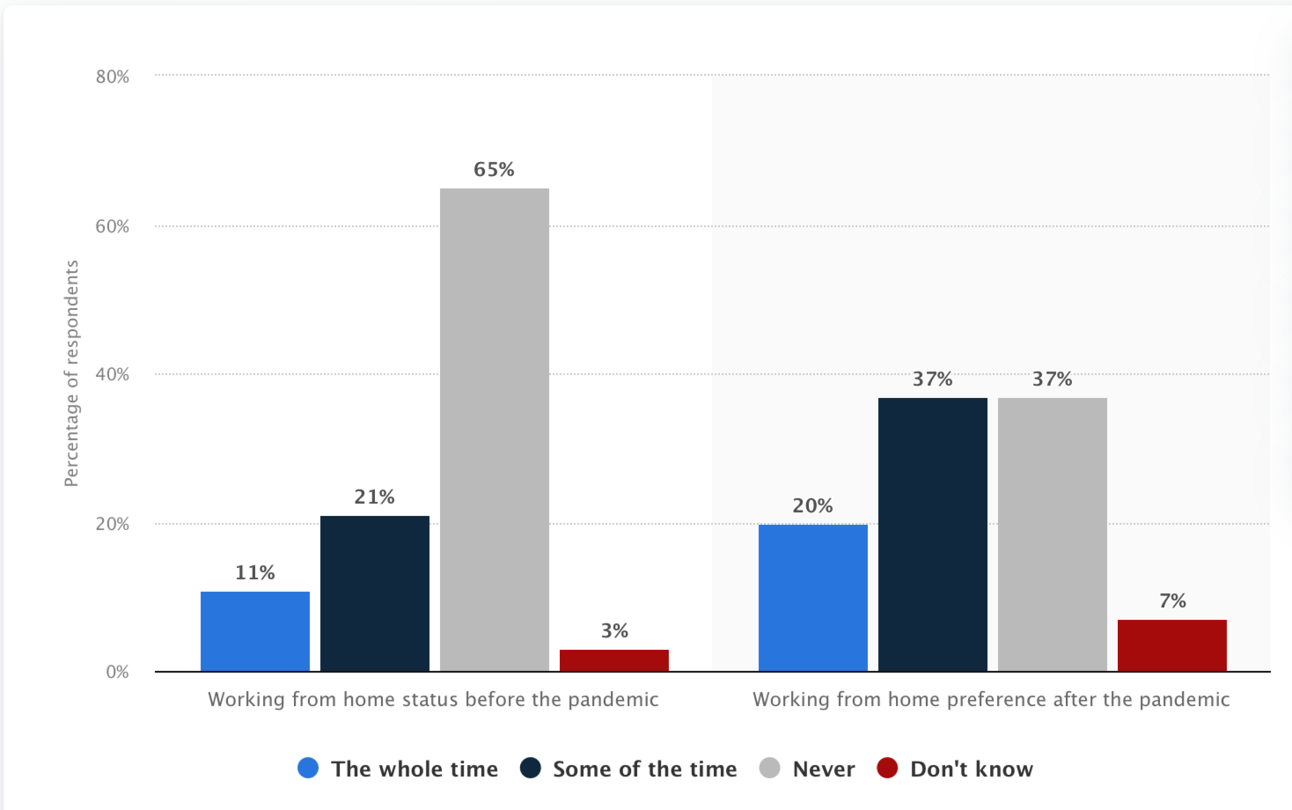
Statista. “Working From Home Situation Before Coronavirus and Preference Afterwards Britain 2021,” August 6, 2024. https://www.statista.com/statistics/1240721/working-from-home-coronavirus/?utm_source=chatgpt.com.
Productivity Perceptions: 40% of respondents reported that their perception of working from home had substantially improved, indicating a belief in increased productivity. - CEPR
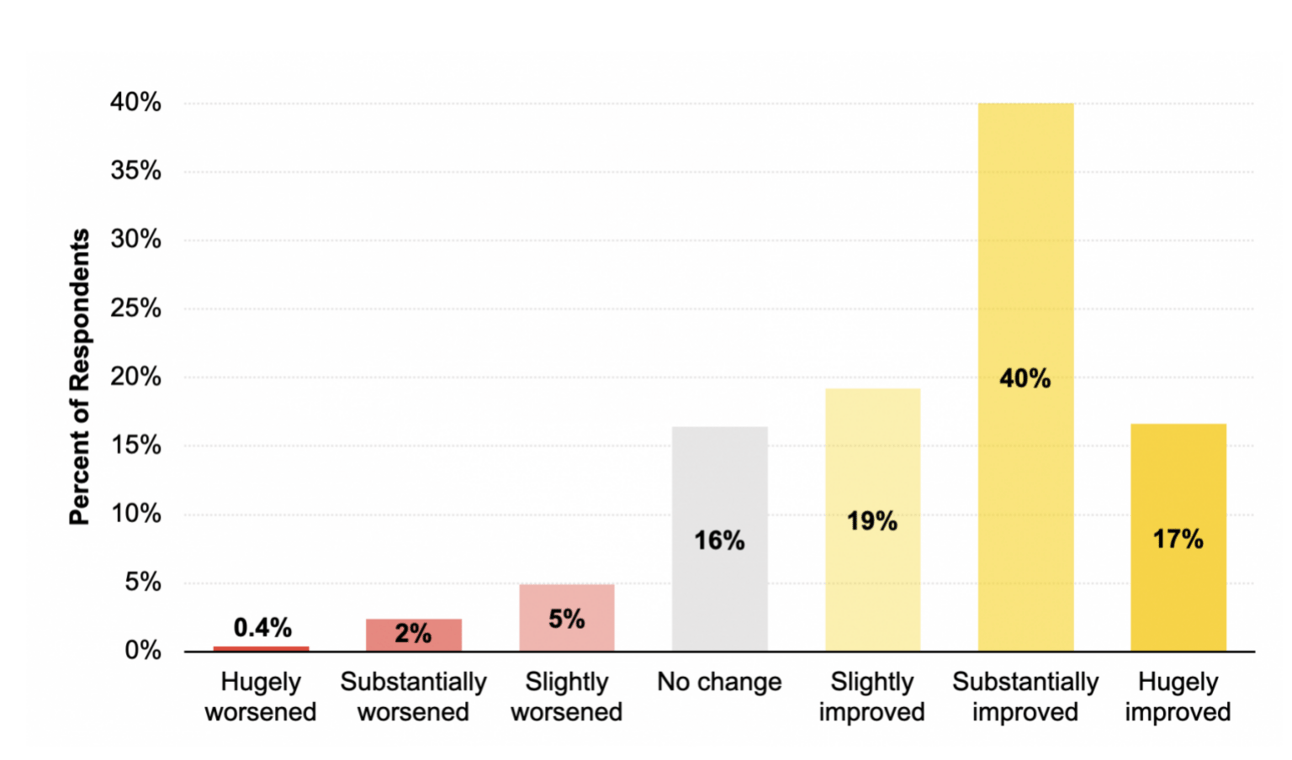
Statista. “Working From Home Situation Before Coronavirus and Preference Afterwards Britain 2021,” August 6, 2024. https://www.statista.com/statistics/1240721/working-from-home-coronavirus/?utm_source=chatgpt.com.
What do the Big Guys do?
Advocates for office-based work often cite examples like Zoom, which, despite being a leading remote communication platform, has encouraged employees to return to the office.
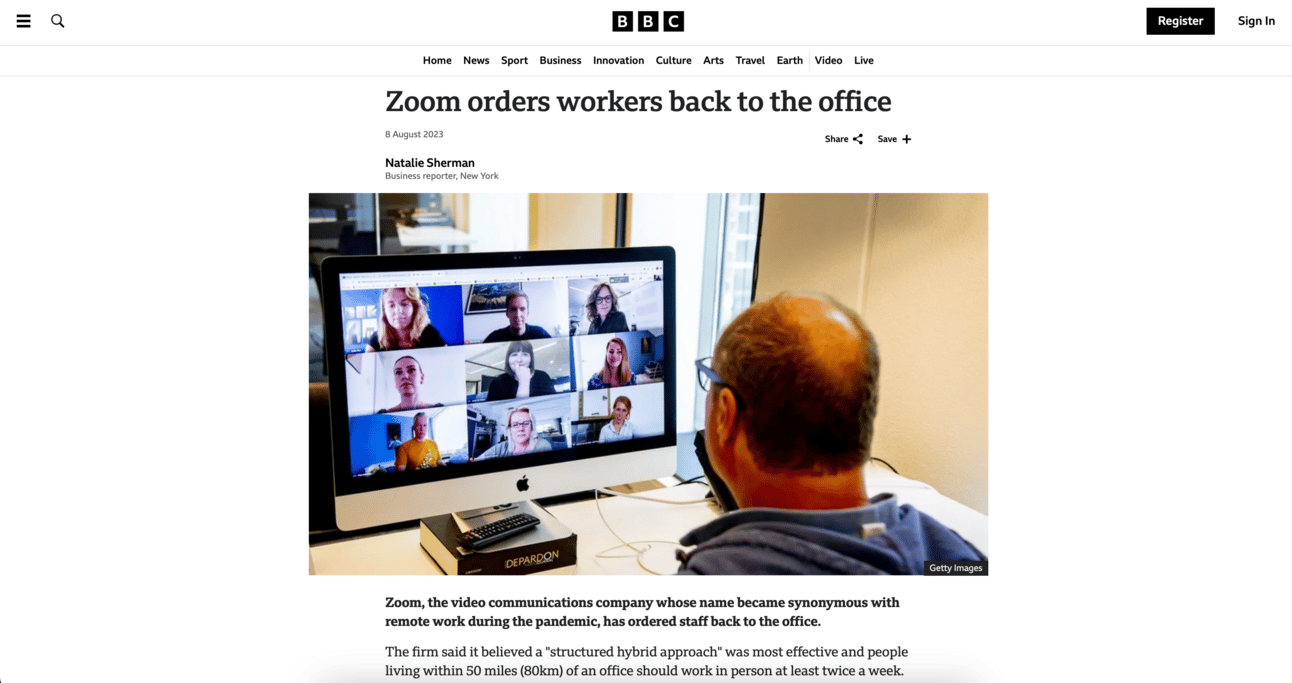
Sherman, By Natalie. “Zoom Orders Workers Back to the Office,” August 7, 2023. https://www.bbc.com/news/business-66432173.
Similarly, Amazon CEO Andy Jassy announced a policy requiring employees to work from the office five days a week, aiming to preserve company culture and return to pre-pandemic norms.
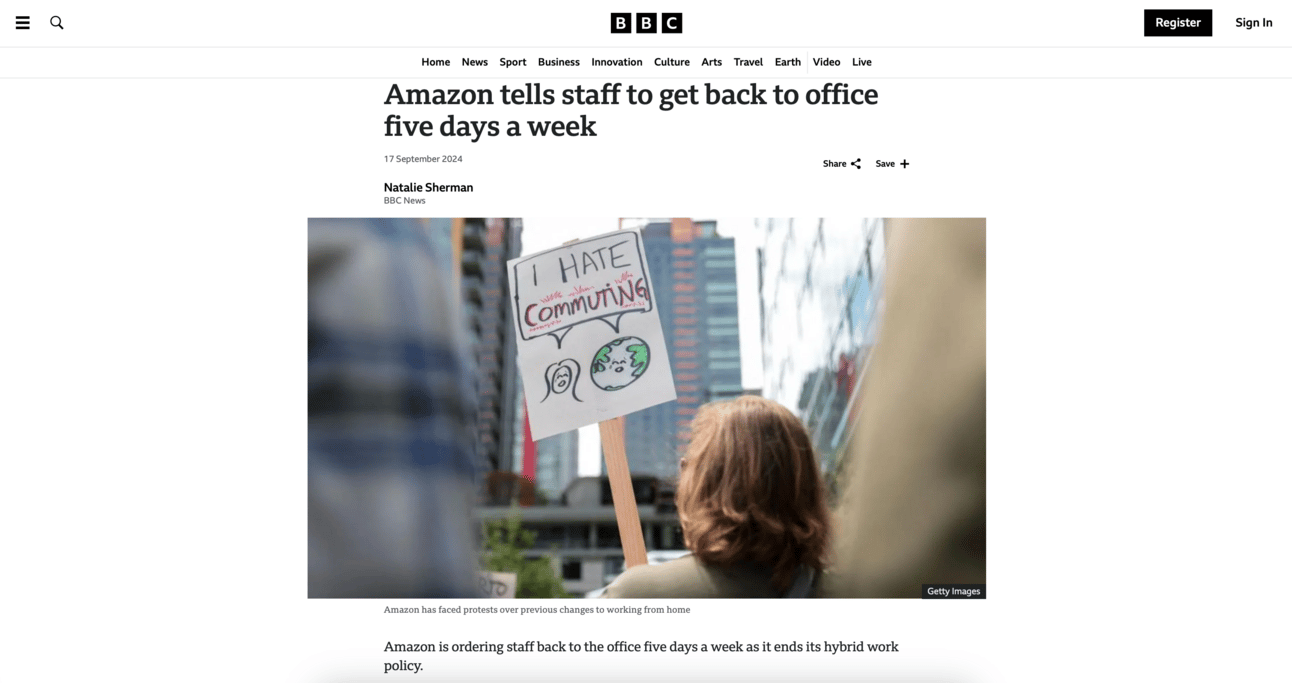
Sherman, Natalie. “Amazon Tells Staff to Get Back to Office Five Days a Week,” September 17, 2024. https://www.bbc.com/news/articles/czj99ln72k9o.
Conversely, companies like Spotify have embraced flexible work models. Chief Human Resources Officer Katarina Berg stated, “You can’t spend a lot of time hiring grown-ups and then treat them like children,” emphasising trust in employees to choose their work environment.
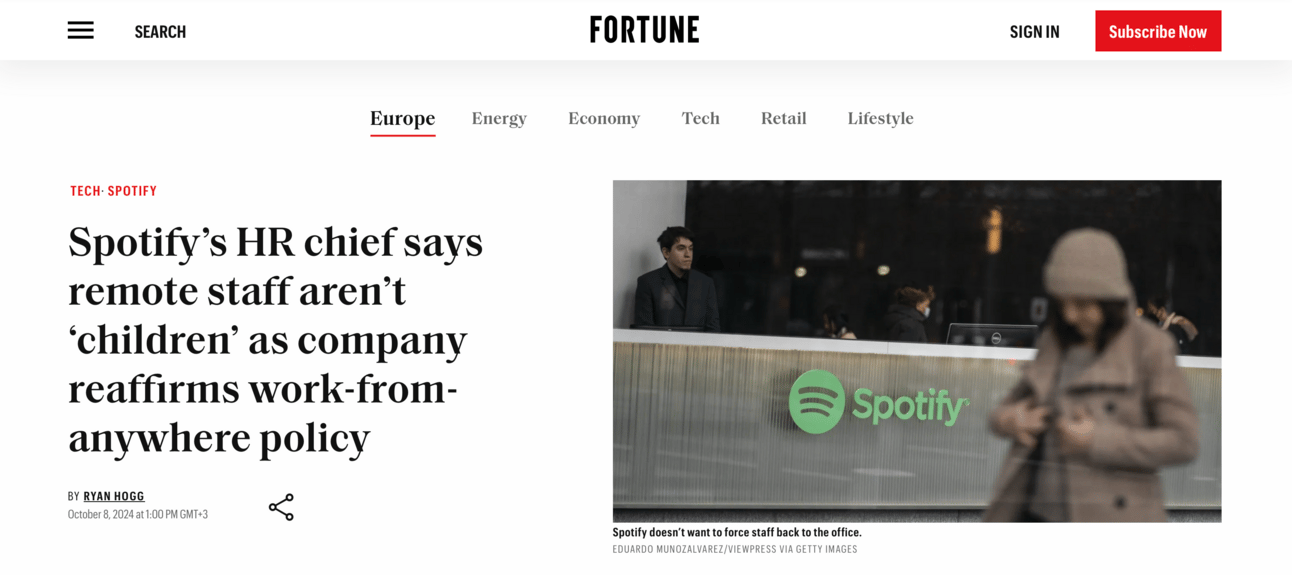
Sherman, Natalie. “Amazon Tells Staff to Get Back to Office Five Days a Week,” September 17, 2024. https://www.bbc.com/news/articles/czj99ln72k9o.
The Challenges
Working in advertising and marketing? It’s a different beast. Sure, brainstorming in person has its magic—the buzz, the energy, the sparks flying. But let’s be real: the best brainstorming happens when you’re prepared (and that’s a topic for another time).
The office does have its charm. Face-to-face chats fuel creativity, bond teams, and build those off-topic moments that remind you work isn’t just about work. It’s where culture breathes and collaboration thrives.
But working from home? That’s a different kind of freedom. Six hours of deep, uninterrupted focus, followed by a walk or a power nap? Now that’s balance. Remote work isn’t just a setup—it’s a chance to redefine how work fits into life.
Research indicates that remote work can blur the boundaries between professional and personal life, often leading to longer working hours. A study by the University of Essex found that employees working from home during the pandemic experienced increased work hours without a corresponding rise in efficiency.
Similarly, a Harvard Business School analysis revealed that the average workday extended by 48.5 minutes during the early weeks of the pandemic, with employees attending more meetings and sending more emails.
What You Should Remember
Work is personal: Some thrive at home, others in the office. Flexibility wins.
Productivity vs. burnout: Remote work blurs boundaries—longer hours ≠ better results.
Culture matters: Collaboration happens when teams trust and prepare, not just meet in person.
Hybrid is the sweet spot: Balance focus at home with creativity in the office.
Hire adults, treat them like adults: Trust teams to deliver wherever they work.
Closing Thoughts
Hybrid wins—it’s the balance most of us are looking for. Two days of home office and a "work from anywhere" summer? That’s my setup, and it works. Collaboration thrives in the office, while deep focus happens at home—a perfect mix.
Ultimately, it’s not just about policies; it’s about people. Trust them, listen to them, and lead by example. The right culture doesn’t just attract talent; it keeps them engaged and thriving.
👉 What’s your take? Hybrid, home, or office? Let me know in the comments—I’d love to hear how you’re making it work.
And if you found this insightful, don’t forget to subscribe to Beyond The Brief for weekly, actionable insights delivered straight to your inbox!
P.S.
This week I remembered one of my favorite marketing facts: the idea that "breakfast is the most important meal of the day" was invented to sell products. Kellogg’s and the pork industry turned this into “truth” to boost cereal and bacon sales. Read more in The Guardian.
Reply